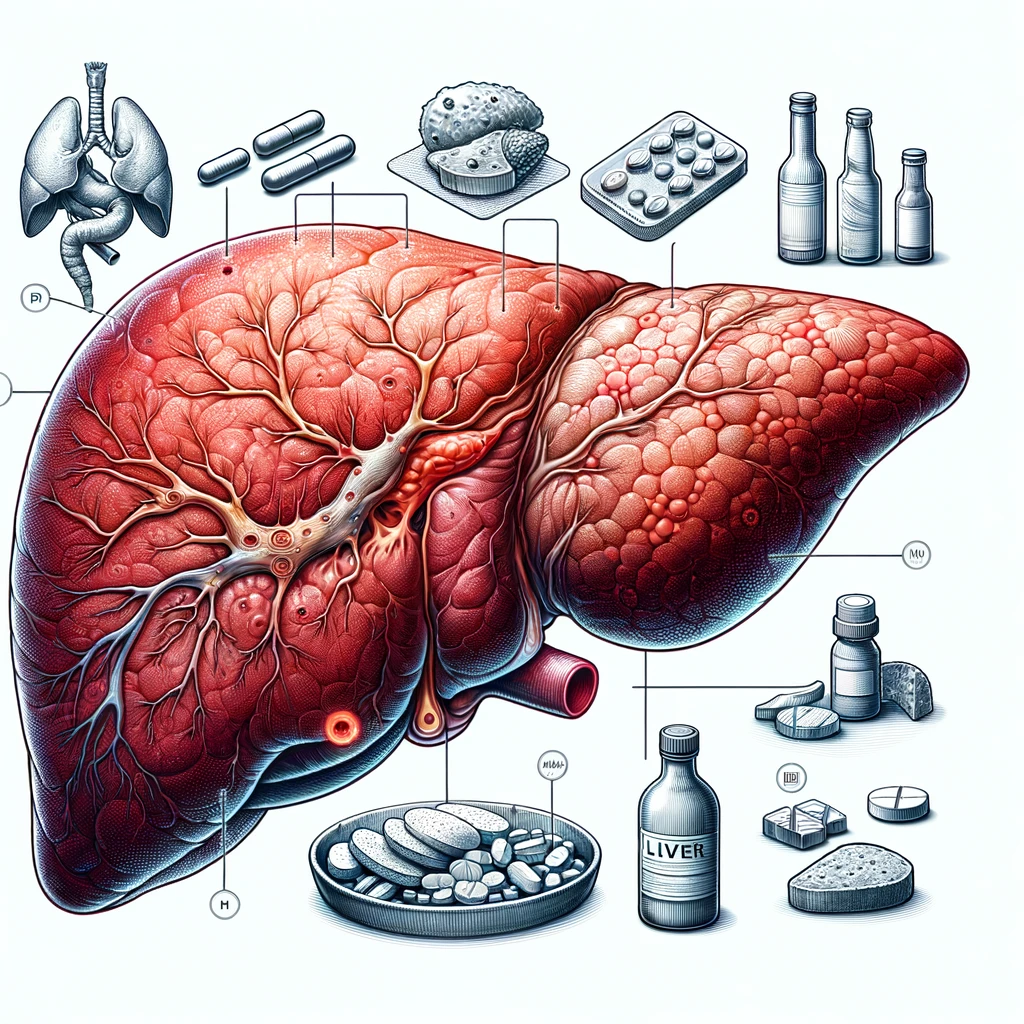
Liver disease encompasses a range of conditions affecting the liver, including infections, genetic disorders, and issues caused by drugs, alcohol, and obesity. The liver plays a crucial role in detoxifying harmful substances, metabolizing drugs, and processing nutrients, which makes it vital to support liver health through diet and lifestyle choices. Microgreens, with their concentrated levels of nutrients, antioxidants, and anti-inflammatory compounds, can be beneficial for supporting liver health. Here’s how specific microgreens can help:
- Broccoli Microgreens: These are rich in sulforaphane, a compound that has been shown to protect liver cells from damage and enhance liver detoxification pathways. Sulforaphane can also reduce oxidative stress in the liver, which is beneficial for preventing and managing liver diseases.
- Radish Microgreens: Contain glucosinolates and isothiocyanates, which are compounds that help in detoxification processes. They can support the liver in breaking down toxins and carcinogens, reducing the liver’s toxic load.
- Milk Thistle Sprouts: Milk thistle is well-known for its liver-protective effects, primarily due to the presence of silymarin, a group of compounds that have antioxidant, antiviral, and anti-inflammatory properties. While not a traditional microgreen, milk thistle can be sprouted and consumed for its benefits.
- Sunflower Microgreens: High in selenium, a nutrient that supports liver enzyme function and helps detoxify the liver. Selenium also has antioxidant properties that protect liver cells from damage.
- Wheatgrass: Known for its detoxifying properties, wheatgrass can help cleanse the liver and improve its overall function. It is high in chlorophyll, which has been shown to protect the liver against certain toxins.
- Beet Microgreens: Beets are high in antioxidants, including betalains, which have been shown to have liver-protective properties. Beet microgreens can help stimulate liver cells and improve liver function.
Incorporating Microgreens into a Liver-Health Diet:
- Including a variety of microgreens in your diet can provide multiple nutrients and compounds that support liver health.
- Microgreens can be easily added to salads, smoothies, and dishes, making them a convenient way to boost nutritional intake.
Important Considerations:
- While microgreens can support liver health, they should not replace medical treatment for liver diseases. It’s important to follow healthcare providers’ advice and treatment plans.
- For individuals with liver disease, certain dietary modifications may be necessary. Consulting with a healthcare provider or a dietitian is recommended to ensure that any dietary changes are appropriate for your specific condition and health needs.
Supporting liver health through diet, including the consumption of nutrient-rich microgreens, can be an important part of managing liver disease and promoting overall liver function.